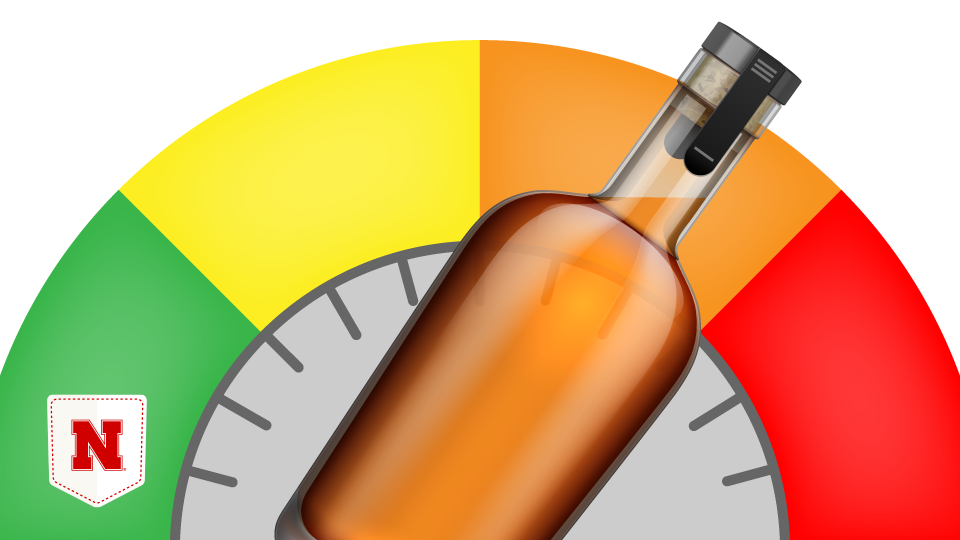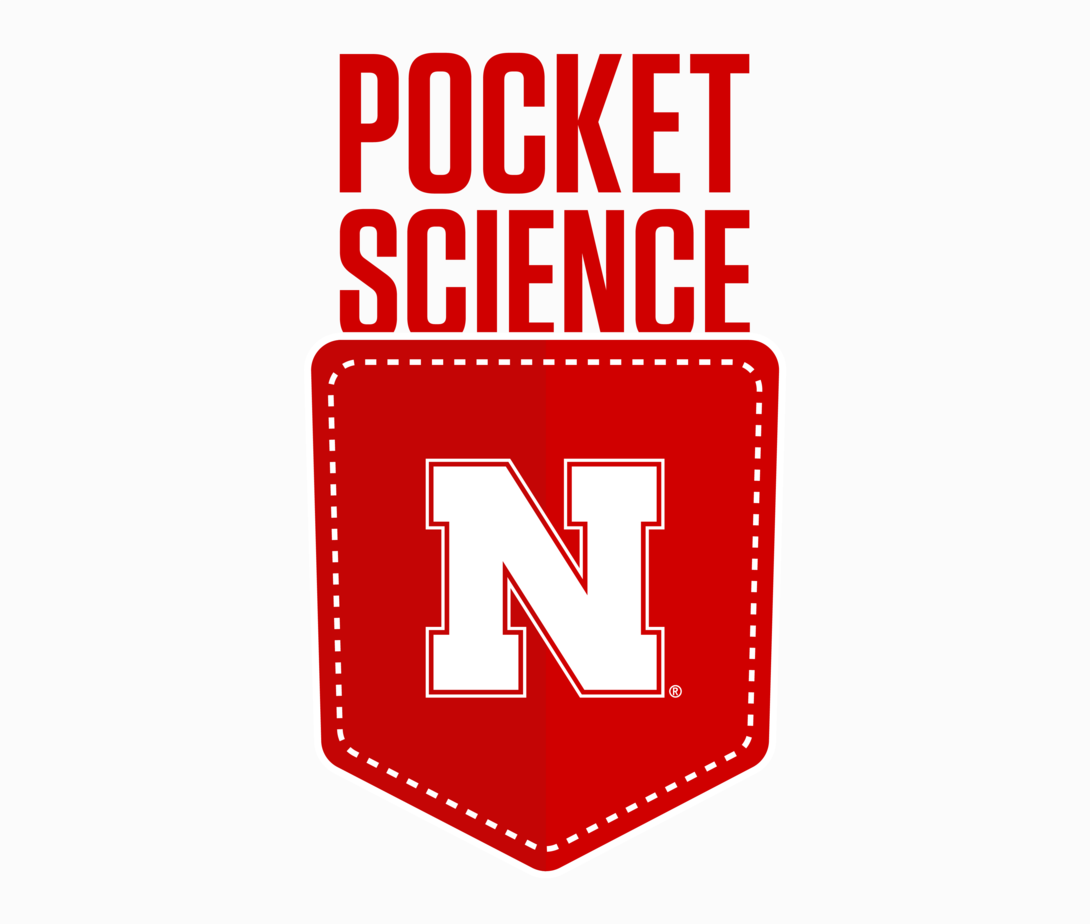
Welcome to Pocket Science: a glimpse at recent research from Husker scientists and engineers. For those who want to quickly learn the “What,” “So what” and “Now what” of Husker research.

What?
The already-challenging transitions inherent to college — and the stress that often accompanies them — have been compounded by the health concerns, distance learning and housing complications of the COVID-19 pandemic. Given the established links between stress and alcohol consumption, researchers have tracked the drinking trends of college students over the past two years with even keener interest than usual.
Nebraska’s Anna Jaffe and colleagues previously found that college drinking actually dropped early in the pandemic, particularly among students living with their parents. Still, 65% reported drinking in the past month. So the researchers sought to identify factors that might help buffer against stress-related drinking.
So what?
Alongside colleagues at the University of Washington and Murray State University, Jaffe and Nebraska’s Shaina Kumar conducted a series of surveys from November 2019 through September 2021. Completed by 694 college students, the surveys asked respondents about their general and COVID-specific stressors, including the health-, academic-, financial- and social-related repercussions of the pandemic. The students also answered questions about their recent drinking and, on 0-to-10 scales, the extent to which they felt their lives had meaning and a clear purpose.

Now what?
Longer-term studies could help clarify just how much, and under what conditions, perceptions of a meaningful life might mitigate stress-related drinking. But the team proposed that university counselors and intervention programs consider adopting therapies especially suited to fostering meaning and purpose among heavy-drinking students.







